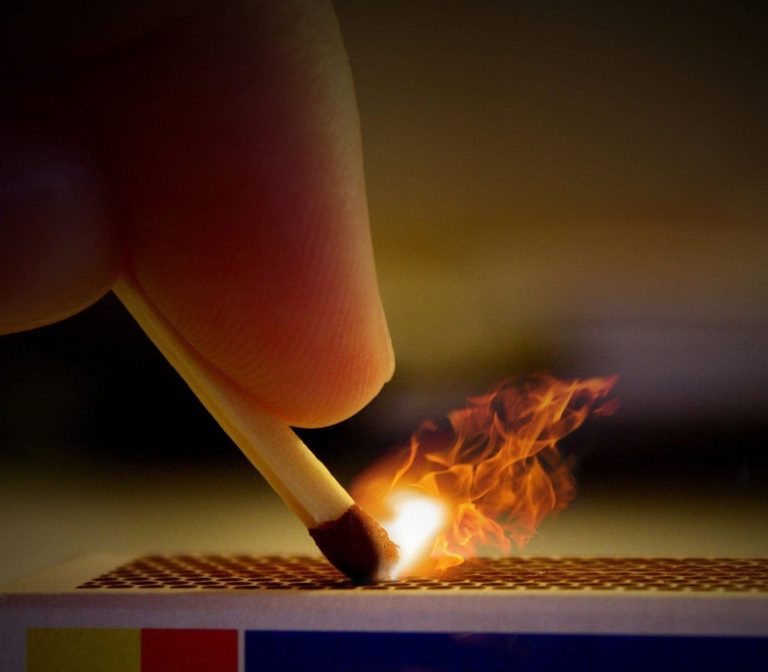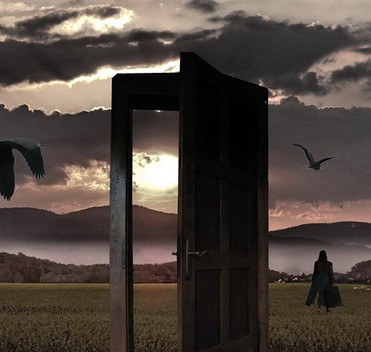The Fine Art of Procrastination That Writers Should Avoid
For Throwback Thursday, we’re looking at excerpts from past posts on Live Write Thrive. Today’s post is from Wait a Minute while I Procrastinate:
Procrastinate. What a funny word. Its roots come from words in Latin that mean tomorrow and forward. In other words, why do today what you can put off till tomorrow. Maybe you are engaging in a bit of procrastination right now, when you told yourself this is your writing time. Perhaps you were surfing the net hoping for inspiration or direction with a troubling scene you are trying to write, but then got distracted by this blog post title.
But I’m glad you stopped in so we can take a look at procrastination. Hopefully, I’ll give you some pointers that will redirect your attention back to where you’d hoped it would go.
Gone Are the Days …
We live in such a distracting world these days. Too much information running through our brains (so goes one of my favorite Police songs). Gone are those halcyon days of rocking on the front porch, sipping lemonade, the big event of the day being the mail delivery. The phone was in the house, so if it rang, you didn’t really have to get up and answer it. Not like today, with our cell phones like an appendage we can’t live without.
How did we get here? Did you ever imagine one day you would go into apoplexy if you weren’t “connected” to your tribe for more than a few minutes?
We’ve allowed distraction to be part of our lives. Few people have the discipline or the desire to discipline themselves to focus and concentrate for more than a few minutes at a time. Sure, some of us have jobs where we have to focus or we’ll get fired. But during our personal time, off the clock and away from watching eyes, we let go of the reins. We allow media and life to pull our attention in a myriad of directions. Sometimes we feel like a kid at a carnival, with all those bright, shiny, noisy, exciting things clamoring for our attention.
But I Really Need My Cell Phone
One of the reasons I go backpacking in the summer is to force myself to cut out as many distractions from modern life as possible. Before cell phones, no problem. I could successfully cut that umbilical cord and actually relax, be here now, and enjoy the creation around me.
But now . . . I get four bars and 4G at the top of a mountain, and I’m sometimes dealing with cover design decisions with my publisher or confirming editing appointments while sweating up the hill. And forgetting to see the beauty around me.
And now . . . I just ordered a solar cell phone charger. Heck, yeah. So I can strap it to my backpack, where it will charge all day, so I can recharge my cell phone in the middle of nowhere. I really need that phone, right? In case of an emergency. Or to use the cool GPS and compass apps I have. And to take photos of the stunning wildflowers. And to play my iTunes library of great “hiking music.”
All this enhances my joy and feeling of security. But will I resist checking my e-mail and dropping in on Facebook? Do I have the discipline to draw the line and tune out the world. Not.
Where Has All the Willpower Gone?
This isn’t to say it’s a bad thing to be connected. Not at all. But the problem comes in when we let the distracting world encroach when we are trying to get some writing done. Willpower is a virtue of past generations, but we today don’t seem to respect it. Or believe it’s possible. So much food around us, and it’s hard to say no, to diet. We tell ourselves we need to exercise, but just can’t find the time.
Maybe some think willpower is overrated, but I feel we need to put it back up on that pedestal. We need to view self-control and discipline as virtuous and something to strive for.
But, wait! My favorite show is about to air. I’ll think about this more tomorrow. Scarlett O’Hara had it right. And so did Mark Twain, who wrote: “Never put off till tomorrow what you can do the day after tomorrow.”












I so agree. One of the most difficult things to learn is how to say no. In order to do that we have to have willpower that consists of self-control and discipline. For me, this willpower keeps developing as I learn how to set up a flexible working routine and then having the guts to be true to myself by keeping in step with it. Sometimes, it is difficult and sometimes I even miss the mark but I have learned to recognize it and move beyond it.
Shalom aleichem,
Patricia
I try to think of it as being a steward of my own time. It’s perhaps a distinction without difference, but for some reason, I FEELS different to me. Willful self-deception? Maybe…but it works for me.
This is something that set my creative career back by a good few years. Part of it was I would FEEL creative, yet when I sat down to write music, or a story, or whatever, that creativity seemed to go. Two things have really helped me this year in really being productive with my time and conquering procrastination. The first was a quote by Brandon Sanderson:
“Inspiration isn’t sitting and staring at a wall until something clicks. Inspiration is sitting and WORKING until something clicks.”
That piece of advice really helped get me over the hump of, “Well, I don’t know where to take this story, so I’m going to sit and think about it, or check facebook until I think of something.” After that, I just started forcing words onto the page, eventually they started flowing and I could go back and revise the crappy first words.
The second thing that REALLY helped me beat procrastination was a little app called toggl. It’s basically a time management program. You hit the button and it starts a timer, you can put in what you’re working on, for what project, which client, etc. I have it installed on my Mac and it has another feature which is what helped me. I’ve allowed it to track what I’m doing on my computer, so I get a break down in 15 minute increments of how I’ve spent my time. So say I start the timer to log a block of writing, I can go back and see how much of that, say, hour, was spent writing and how much was spent on facebook. That was really sobering to see in real terms how much time I wasted when I was supposed to be working.
I heard that the average professional writer goes between 250-750 words an hour. I’ve worked out I write around 550-600 words an hour on average (calculated over a 50+ hours of writing). So now I keep an eye on how many words I’m producing vs how much time I’ve spent when I should be writing. Toggl lets you write tags for your chunks of work, so each block of writing I do I include how many words I wrote.
All that to say that yeah, procrastination and a lack of self-discipline set me back years. I still struggle, a lot. Actually starting the timer is the big thing now, but once I do, I can put aside the procrastination for long enough to get some serious work done.
Never give up, never surrender!
Great post and yet it is probably during times in which we ‘procrastinate’ that creative thoughts (musings) enter as ‘possibilities’- maybe? Take care.
Hi Susanne-I thought that this post was written by Christy who I believe is a Guest to your Blog. You wrote this post, correct? Great post. Thanks for sharing your wisdom. Mary
Yes, I wrote this post. Last year I had four editors guest post during the year and Christy was one of them.
A friend of mine went Twain one better, with the motto of, “Never put off ’till tomorrow what you can completely ignore until the last minute.”
I consider cell phones a curse–while I was still practicing medicine I felt “chained” to my phone, my pager, and eventually my cell phone. I don’t need it as a writer. Further–oh, wait. I’m getting a call I have to answer.
Ha-ha, yep, that’s what it’s like!